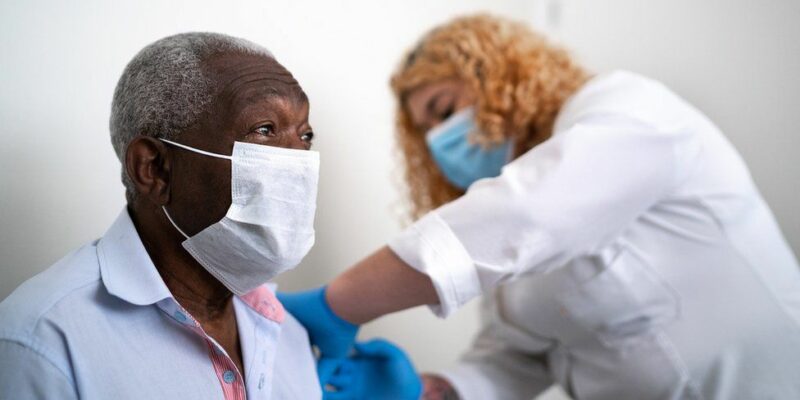
Waverley Care helps people who need support with HIV, hepatitis C, hepatitis B and sexual health across Scotland. They wanted to respond to VHS’s recent survey on Covid-19 vaccine inequalities and decided to consult five staff members in different parts of the organisation and eight people from African communities who use their services. Their consultation process suggested that the following groups will be less likely to take the COVID-19 vaccine when offered, unless targeted action is taken:
- People who use drugs living with or affected by HIV and hepatitis C.
- People from African communities living with or affected by HIV.
- People from Chinese communities with or affected by hepatitis B.
- Gay, bisexual and other men who have sex with men living with or affected by HIV and poor sexual health.
They produced a very full response to the VHS consultation and we are pleased to make it available as a standalone document.
The specific barriers to accessing the vaccine vary across each population group, according to Waverley Care, although access to accurate information about the vaccines is a common factor across all groups. Other barriers explored relate to poverty, the location of vaccine centres, the spread of misinformation, a lack of trust in authorities, race and health, and faith and health.
The response is full of practical ideas for breaking down these barriers and supporting people more actively to take up the vaccine, including assertive outreach. For example, people who inject drugs living with or affected by HIV and hepatitis C could be better supported by integrating vaccine provision as part of assertive outreach services. In Glasgow this could be done by integrating vaccinators within teams such as Waverley Care’s HIV Street Support Project who already engage hard to reach people who use drugs in Glasgow city centre.
Waverley Care’s response also emphasises the importance of tailored communications and information. For example, for Chinese people living with or affected by Hepatitis B, providing events, drop-ins and education sessions where people can ask questions and engage with trusted sources would be helpful, as would upskilling people from within the community to provide peer information reassuring and encouraging vaccine uptake. This can help challenge misinformation while communicating information about the vaccine in an accessible language.
VHS is currently analysing the nearly 200 responses we received to our consultation and will be sharing the findings at an online event on the morning of Wednesday 10th March 2021. Register for your place here.
